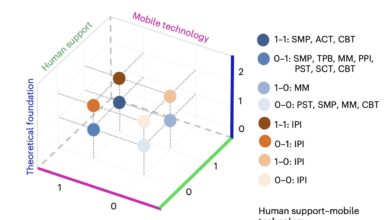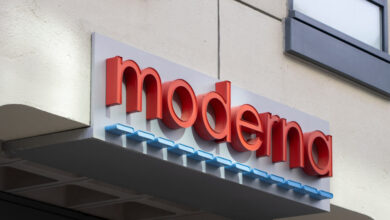COVID variant NB.1.8.1 hits U.S. What to know about symptoms, new booster vaccine restrictions

The emergence of the new COVID-19 variant NB.1.8.1 has caused a significant surge in cases in China and has now been detected in multiple locations across the United States, as reported by the Centers for Disease Control and Prevention (CDC). The CDC spokesperson mentioned that the agency is closely monitoring the situation and is in regular communication with international partners regarding the reported cases of NB.1.8.1.
As of now, there have been too few reported sequences of NB.1.8.1 in the United States to be included in the CDC’s variant estimates dashboard. However, the rise in hospitalizations in other countries has raised concerns about the new variant, its symptoms, and potential risks. Experts have provided insights into the symptoms associated with NB.1.8.1, stating that they are similar to those seen in earlier strains of the virus, including respiratory issues like cough and sore throat, as well as systemic effects such as fever and fatigue.
While data indicates that NB.1.8.1 may be more transmissible, it does not necessarily lead to more severe illness compared to previous variants. Authorities in Hong Kong have stated that there is no evidence suggesting that the variant is more severe than previous strains. Dr. Amy Edwards, an infectious disease specialist, mentioned that there is lab evidence indicating that the variant binds more tightly to human cells, making it easier to transmit, but this does not necessarily translate to increased severity of infection.
In light of the new variant’s high transmissibility, the Trump administration is planning to limit access to booster vaccines for specific groups, such as seniors and individuals with underlying medical conditions. The FDA has announced that vaccine updates will be approved for these groups, but further clinical trials will be required for wider use. This decision may impact public health by introducing barriers for the broader population and potentially delaying access to boosters for lower-risk groups.
Amid uncertainties about vaccine access, experts recommend preventive measures such as good cough and sneezing hygiene, hand washing, staying home when feeling unwell, and wearing masks in crowded places. Despite some controversy surrounding mask wearing, they remain effective in preventing the spread of respiratory viruses, including COVID-19. Authorities in Hong Kong have also advised residents to wear masks in public transportation or crowded places to curb the spread of the virus.
In conclusion, while the emergence of the new COVID-19 variant NB.1.8.1 raises concerns about its transmissibility, experts emphasize the importance of preventive measures and caution against misinformation. Stay informed, practice good hygiene, and follow public health guidelines to protect yourself and others during these challenging times.





